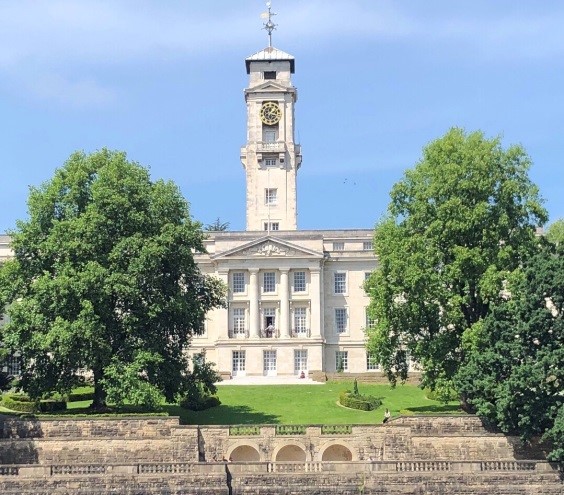
January 14, 2019, by Sunita Tailor
English Studies: More Than Just Books
This blog was written by second year English with Creative Writing student, Holly Humphreys.
When I tell people that I study English, I’m usually met with one of two questions: ‘So, do you want to go into teaching?’ or ‘What kind of books do you like?’ My response is usually to smile a little awkwardly, tell them that no, I don’t consider teaching to be the right career path for me, and in fact the non-literature part of my degree interests me more!
English tends to have connotations of old books and close-text analysis – don’t get me wrong, reading is a big part of an English degree, but there can also be so much more to it. What drew me to Nottingham when I was applying to university (it feels so long ago now!) was the expansive approach they took to English studies. They covered modules including drama, linguistics and creative writing, options not offered by many of the other universities I visited. In my first year, whilst I still had exams and coursework based on books, I was also assessed on my ability to direct a short extract from a play and my poetry and prose writing skills.
Picking my second-year modules proved that there are so many paths I could follow with my degree. The module I was most excited about was ‘The Psychology of Bilingualism and Language Learning’ which looks at the way we acquire language as children as well as the ways that second languages are taught in schools. This paves the way for third year modules which look at how our brains actually process and store language, which in turn can lead to careers in areas such as speech therapy. This almost scientific approach to English is a refreshing contrast to literature modules.
Books aren’t for everyone. This doesn’t mean that you can’t or shouldn’t study English. You’d be surprised at just how diverse a discipline English really is, particularly here in the School of English.
No comments yet, fill out a comment to be the first


Leave a Reply